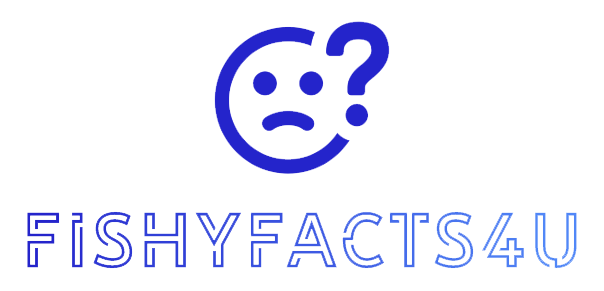What To Do When You’ve Experienced Wrongful Termination

Being subjected to wrongful termination can be an incredibly shocking and upsetting experience. The workplace should be a secure environment where employees are safeguarded from unlawful practices. Unfortunately, cases of wrongful termination are becoming all too frequent, leaving people jobless and emotionally strained without any justification. If your employer has wrongfully dismissed you, it’s crucial to understand your rights and the measures you can take. In this article, we will explain the steps you can follow after termination.
Understanding Wrongful Termination
To challenge a termination, it’s fundamental to understand what it entails. Essentially, wrongful termination occurs when an employee is discharged from their job for unlawful reasons. This could involve discrimination based on age, race, religion, gender, sexual orientation, national origin, or disability—grounds that are protected by state and federal laws. Moreover, there’s wrongful dismissal in cases where employees are terminated for exercising their legal rights, such as taking FMLA leave or reporting workplace harassment, safety issues, or other legal violations. Wrongful termination could also occur when employers fail to abide by the terms set out in employment contracts.
Since every case is unique, defining wrongful termination can be complicated. This is where the support of legal professionals comes in handy. Long Beach employment lawyers, for example, are specialized in these cases and can offer insights about the potential success of legal action. They can help clarify if you have a valid wrongful termination claim and advise on the way forward.
Documenting Your Case
A crucial step after a wrongful job loss involves documenting your case comprehensively. Maintain all records linked to your employment and dismissal. Such documentation could include your employment contract, performance reviews, email communication, notice of termination, and any other documents that could support your claim.
Note down witness information who might support your allegations. Include their names, position, contact information, and the incident(s) they witnessed. Witnesses can have a significant impact on your claim, as they can substantiate your allegations. It’s important to keep this information confidential and only share it with your attorney.
Exploring Legal Remedies
Once you’ve understood your situation and gathered your evidence, you should explore possible legal remedies. Seek legal advice from an experienced employment attorney right away. They can evaluate your case, advise on the most strategic approach, and help you assert your rights effectively. Legal action for wrongful termination can often result in financial compensation, particularly when an employer’s illegal action has caused financial loss or suffering.
Legal remedies might involve filing a lawsuit against your employer or negotiating a severance or settlement. For some people, job loss could be an opportunity for a career change or even a transition to work in special education. Such circumstances might inspire you to take a direction you never considered, leading to rewarding opportunities and personal growth. It’s all about turning an unfortunate event into a catalyst for positive change in your life.
Take Care of Your Well-Being

Lastly, it’s essential to take care of your mental and emotional well-being after losing your job. Emotions can run high, and the feelings of uncertainty, betrayal, and anger can take a toll on your mental health. Solicit the support of friends, family, and professional counselors to discuss your feelings and find emotional support. Practices like mindfulness, exercise, and healthy eating can also contribute significantly to managing stress levels during this challenging time.
It’s important to note that, while pursuing your case, you shouldn’t let the situation inhibit your job search. Continue seeking employment opportunities; remaining jobless for an extended period could make it more difficult to secure a job in the future. Seek the support of professional job counselors or job transitioning agencies to help secure new employment. Don’t forget to reach out to family and friends for emotional support.
Altogether, dealing with wrongful termination can be a significant challenge. However, by understanding job loss, documenting your case, exploring legal remedies, and taking care of your wellbeing, you can navigate this troublesome phase more effectively and transition into a better future.




